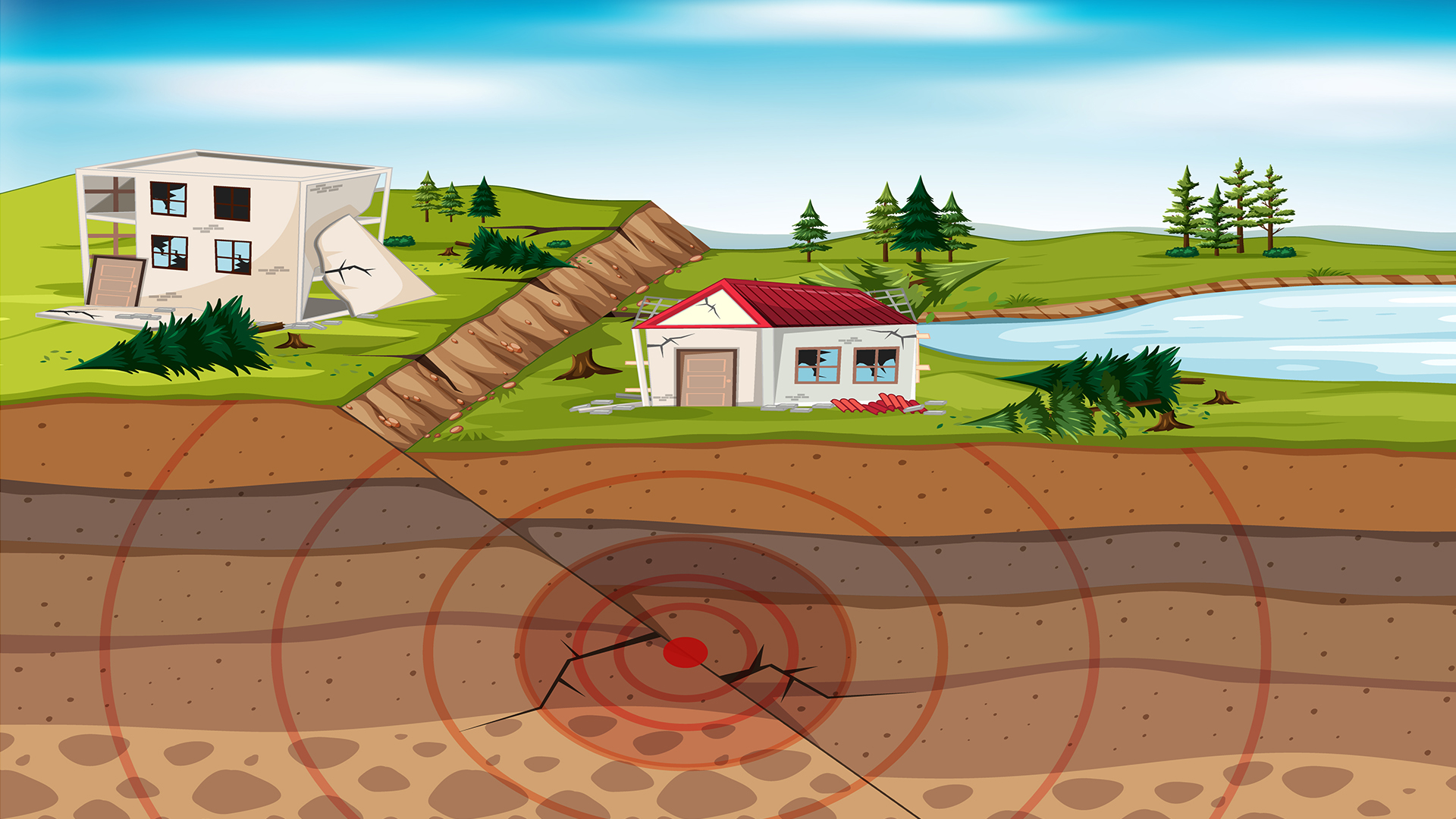
Conventional Core Analysis Masterclass
Course overview
The Coring and Conventional Core Analysis course will provide a practical perspective on routine and special core analysis (RCAL & SCAL), which is a critical aspect used in a variety of reservoir engineering applications such as production forecasting, reservoir characterization and simulation, and water flooding design.
Participants will be able to understand the entire process of planning core acquisition, core preparation, plug selection, plug preparation, designing a core analysis program for conventional and special analysis (SCAL), planning and supervising experiments and data interpretation, preparing a core capturing program from a drilling campaign, and selecting representative results for reservoir engineering studies after completing this course.
This Training Bee course will demonstrate the theoretical basis as well as the practical application for each measurement, allowing the learner to gain deep practical knowledge rather than simply knowing the theoretical information. The training progresses from measuring principles to the necessary interpretation and appraisal of laboratory data, and then to practical application in simulation studies, for example.
Introduction
This is the “Coring and Conventional Core Analysis Best Practices” course. This curriculum is designed to provide you a thorough grasp of core analysis techniques and their importance in reservoir appraisal, petroleum exploration, and the oil and gas sector. This course will provide you with the knowledge and abilities you need to flourish in this essential industry, whether you are a newbie or a seasoned professional.
The oil and gas business relies heavily on coring and core analysis. They entail the extraction, handling, and laboratory analysis of subsurface rock samples, which provide critical information about reservoir parameters. This course will cover the fundamental ideas and best practices of coring and traditional core analysis.
We are The Training Bee, a global training and education firm providing services in many countries. We are specialized in capacity building and talent development solutions for individuals and organizations, with our highly customized programs and training sessions.
We are ecstatic to start this educational journey with you. This course will provide you with the information and best practices needed to excel at core analysis, allowing you to contribute to the efficient and sustainable development of oil and gas reservoirs. Let us begin the journey to understanding coring and core analysis best practices.
Learning Objectives
Upon completing Coring and Conventional Core Analysis Best Practices, participants will be able to:
- Improved understanding of why water flooding is employed
- Learn about the dispersion of immiscible fluids in a reservoir.
- a better knowledge of the immiscible displacement mechanism in a reservoir
- Knowledge of water flood pattern possibilities and the impact of selection and orientation on flood performance has improved.
- Enhanced ability to forecast and predict water flood performance with the use of traditional water flood prediction methods
- Enhanced ability to estimate water flood performance through the use of numerical simulation
Our Unique Training Methodology
This interactive course comprises the following training methods:
- Journaling – This consists of setting a timer and letting your thoughts flow, unedited and unscripted recording events, ideas, and thoughts over a while, related to the topic.
- Social learning – Information and expertise exchanged amongst peers via computer-based technologies and interactive conversations including Blogging, instant messaging, and forums for debate in groups.
- Project-based learning
- Mind mapping and brainstorming – A session will be carried out between participants to uncover unique ideas, thoughts, and opinions having a quality discussion.
- Interactive sessions – The course will use informative lectures to introduce key concepts and theories related to the topic.
- Presentations – Participants will be presented with multimedia tools such as videos and graphics to enhance learning. These will be delivered engagingly and interactively.
Training Medium
This Coring and Conventional Core Analysis Best Practices training is designed in a way that it can be delivered face-to-face and virtually.
Course Duration
This training is versatile in its delivery. The training can be delivered as a full-fledged 40-hour training program or a 15- hours crash course covering 5 hours of content each day over 3 days
Pre-course Assessment
Before you enroll in this course all we wanted to know is your exact mindset and your way of thinking.
For that, we have designed this questionnaire attached below.
- Describe the importance of coring in the oil and gas business.
- Please provide any previous experience or expertise you have about coring methods.
- Explain the various core sampling procedures utilized in the business.
- Give instances of specific scenarios in which each strategy is best appropriate.
- Discuss the significance of proper core handling and preservation in order to preserve sample integrity.
- Explain any recommended practices or strategies for maintaining core samples that you are aware of.
- Define traditional core analysis and its application in reservoir evaluation.
- Share your previous experience conducting or interpreting traditional core analysis.
Course Modules
This Coring and Conventional Core Analysis Best Practices covers the following topics for understanding the essentials of the Agile Workplace:
Module 1 – Introduction and Basics of Core Analysis
- Core Acquisition, Handling, and Transportation on-site The Fundamentals of Core Handling
- Processing and filtering of core analyses
- Core Analysis Routine Sample Preparation Measurements
Module 2 – Identification of Rock Types
- Special Core Analysis preparation.
- SCAL Evaluations
Module 3 – Modeling of Reservoir Saturation
- Wettability Concepts Amott and USBM based on NMR and (T2) cut off
- Wettability Examinations
- The Influence of Wettability
Module 4 – Permeability Relative
- Relative Permeability in an Unsteady State
- Relative Permeability in a Stable State
- Relative Permeability in a Centrifuge
- Data Normalization and De-Normalization for Relative Permeability
Module 5 – Advanced Core Analysis Methods
- Core imaging, X-ray CT scanning, and nuclear magnetic resonance (NMR) are examples of advanced core investigation techniques.
- Advanced reservoir characterization and modeling techniques are used.
Module 6 – Collaboration across multiple disciplines
- Collaboration between geologists, engineers, and analysts is critical in reservoir evaluation.
- In the framework of core analysis, effective communication and teamwork are required.
Module 7 – Quality assurance and control
- Data quality and integrity are critical in core analysis.
- Procedures and measures for quality control to achieve consistent results.
Module 8 – Environmental and Regulatory Issues
- Environmental and legal requirements for core analysis and sample disposal.
- Core analysis procedures for compliance and sustainability.
Post-course Assessment
Participants need to complete an assessment post-course completion so our mentors will get to know their understanding of the course. A mentor will also have interrogative conversations with participants and provide valuable feedback.
- Explain why coring is important in reservoir appraisal and oilfield operations.
- Describe the course’s core sampling strategies and the contexts in which they are most suited.
- Give an example of a core sampling technique that you find very applicable to your work or interests.
- Explain the significance of good core handling and preservation, as well as the approaches offered for preserving the integrity of core samples.
- Share your plans for incorporating best practices for core preservation into your future work.
- Define traditional core analysis and its application in reservoir characterization.
- Show how traditional core analysis data can be used in reservoir modeling and decision-making.
- List the common laboratory testing methods taught in the course, as well as the type of data provided by each method.
Lessons Learned
Coring principles: Participants should depart with a solid understanding of the principles of coring, particularly the importance of subsurface data in reservoir appraisal.
Core Sampling Techniques: Participants should have learned about various core sampling techniques and when to use them to ensure representative and high-quality core samples.
Core Handling and Preservation: The importance of good core handling and preservation in preserving the integrity of core samples cannot be overstated. Key takeaways include best procedures for core handling and storage.
Participants should have learned how conventional core analysis is important in reservoir characterization, modeling, and decision-making.
Understanding standard laboratory testing procedures used in core analysis, as well as the data they produce, is a key lesson. This knowledge is essential for reservoir evaluation and reservoir behavior prediction.
Reservoir Characterization: The course should emphasize the importance of the connection between core analysis and reservoir characterization. The ability to use core analysis data to better understand reservoirs is a significant talent.
Interdisciplinary Collaboration: An important takeaway is the importance of interdisciplinary collaboration in reservoir evaluation, which includes geologists, engineers, and analysts. The accuracy of reservoir models is improved by effective teamwork.
Challenges and Solutions: It is critical to identify typical challenges in core analysis and discover solutions and best practices to solve them. Real-world problem-solving abilities are highly valued.







